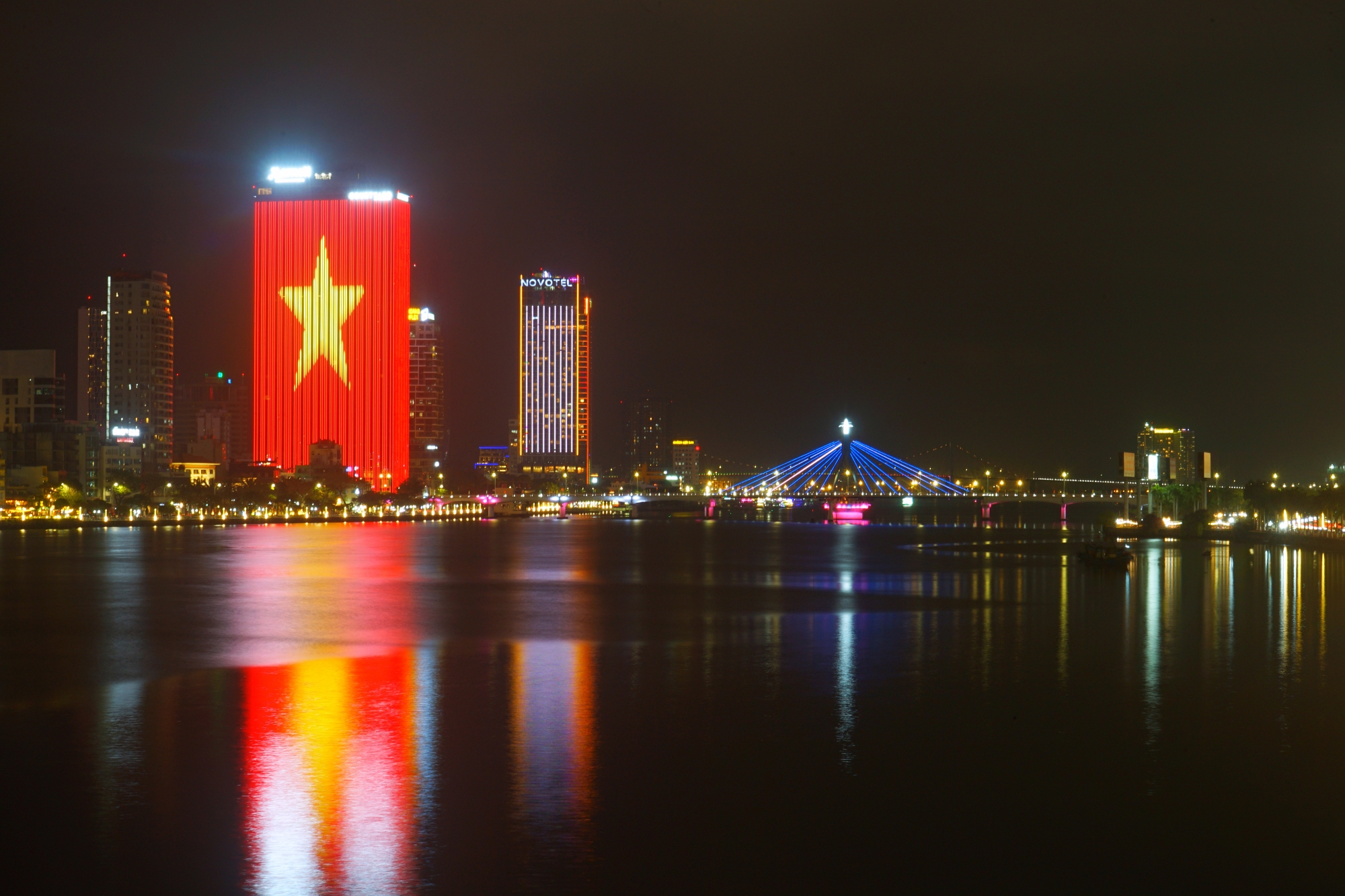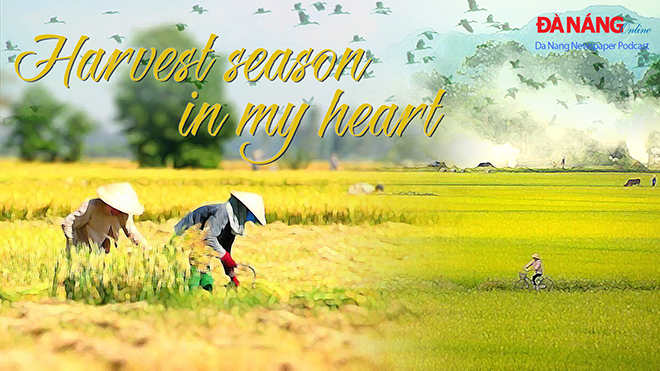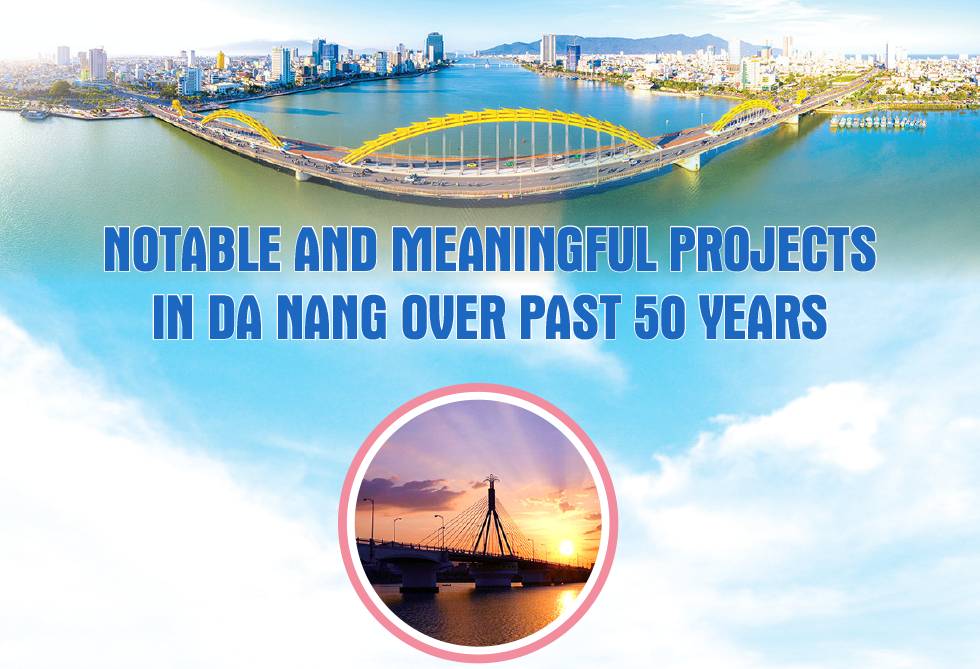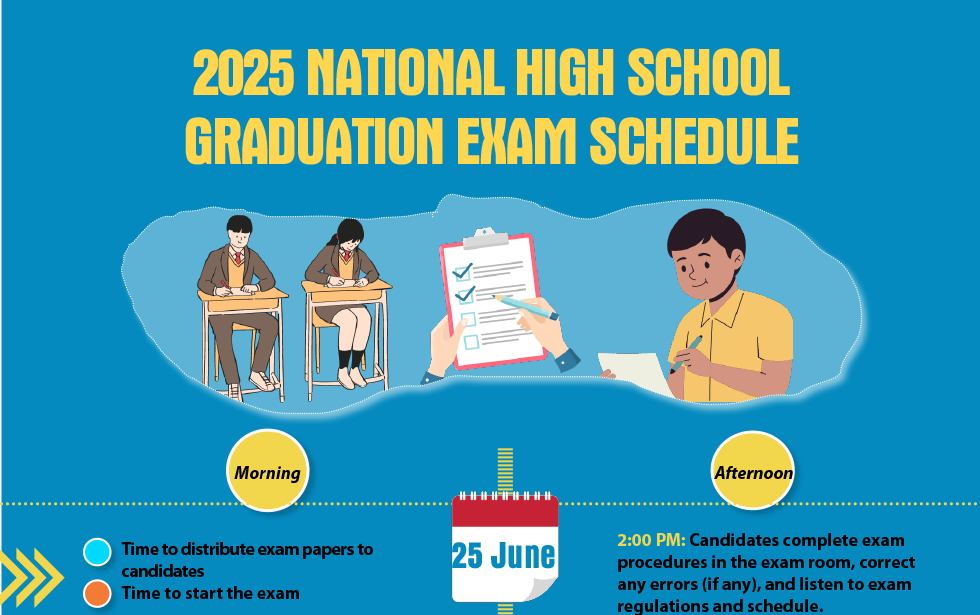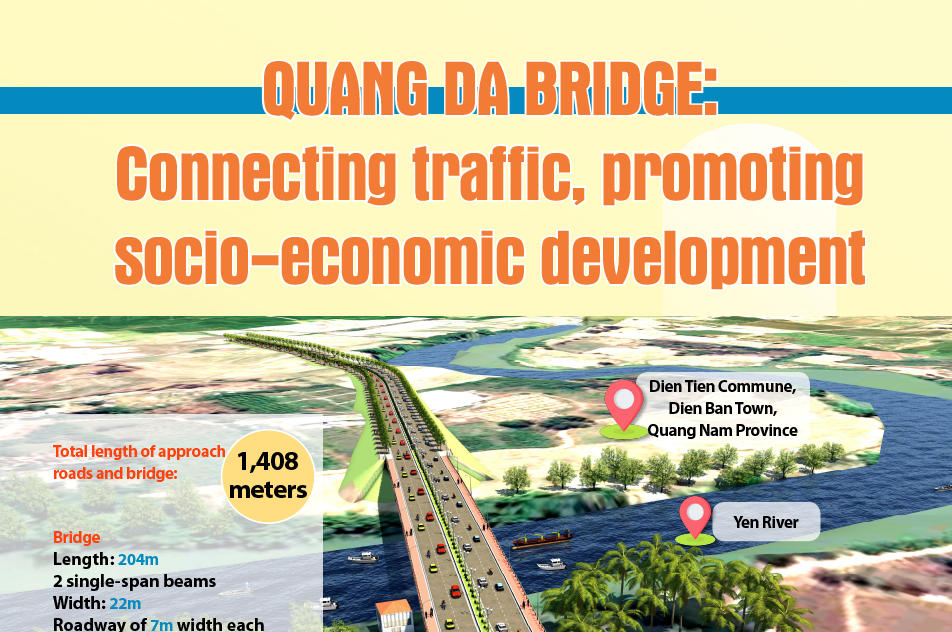What does Da Nang need to prepare to develop Halal tourism?
Tourism development is one of the key strategies of the Party and State. Resolution No. 08-NQ/TW adopted by the Politburo on developing tourism into a spearhead economic sector clearly defines the goal of contributing to promoting the development of other economic sectors.
 |
| Bharata Restaurant at the Sun World Ba Na Hills has been certified Halal, suitable for Muslim visitors. Photo: GIA PHUC |
On May 18, 2023, the Vietnamese Government issued Resolution No. 82/NQ-CP on key tasks and solutions to effectively and sustainably restore and develop tourism, thereby creating opportunities for other related fields. In particular, on February 14, 2023, the Vietnamese Prime Minister approved the project ‘Strengthening international cooperation to develop Viet Nam's Halal industry by 2030’, creating a strong driving force for the development of the Halal industry, including Halal tourism.
For Da Nang, the Politburo issued Resolution No. 43/NQ-TW on building and developing Da Nang by 2030, with a vision toward 2045, which identified tourism as one of the city’s five key economic sectors.
On that basis, the Da Nang Party Committee, People's Council and People's Committee have concretised it into many documents to promptly direct the city’s tourism industry. In particular, regarding Halal tourism, on November 15, 2024, the Standing Committee of the Da Nang Party Committee issued Document No. 5419-CV/TU assigning the Da Nang People's Committee to direct relevant agencies to form new tourism products for the city.
Halal tourism has great potential and is developing strongly. The global Halal tourism market value in 2023 reached US$266.3 billion, forecast to increase to US$276.7 billion in 2024 and is estimated to reach US$417.6 billion by 2034, with an average annual growth rate of 3.6% during the 2024 - 2034 period. One of the main drivers of the Halal tourism market is the growth of a Muslim middle class willing to spend a lot on tourism.
According to statistics, in 2024, there were over 4 million foreigners coming to Da Nang, including Muslims from some countries such as India (nearly 200,000 people), Malaysia (more than 131,000 people), Indonesia (nearly 40,000 people), Saudi Arabia (nearly 4,000 people) and Iran (more than 2,600 people).
Currently, there are 23 routes to Da Nang, including 7 domestic and 16 regular international routes, with an average frequency of 52 international flights/day, including routes to Singapore, Kuala Lumpur (Malaysia) and Ahmedabad (India). In addition, in early 2025, it is expected to restore international routes to India (New Delhi, Mumbai), China (Chengdu, Hangzhou, Guangzhou), Japan (Nagoya, Osaka) and Qatar (Doha); at the same time promoting the opening of new routes from Australia and Indonesia to Da Nang.
 |
| The prayer room for Muslim visitors shows the diversity of services, especially the service standards for separate groups of guests such as Muslims will be the “highlight” in welcoming visitors at the Sun World Ba Na Hills. Photo: GIA PHUC |
The Da Nang Department of Tourism has organised many activities to share skills in serving the Muslim tourist market for travel agencies, accommodation establishments, tourist attractions, tourism transportation businesses, restaurants, and tour guides in the city. Da Nang now has 2 prayer points for Muslims and 4 restaurants with Halal certification.
So as to develop Halal tourism, a potential and growing market, it is high time for Da Nang to research and develop policies and regulations to support Halal tourism. The municipal Department of Tourism will establish a Halal Tourism Management Board to study and understand the needs of Muslim tourists, from which it can build a “basic set of criteria for Halal guest standards” for general application, boost international cooperation, build more service facilities that meet the requirements, issue Halal certificates and promote Halal tourism in Da Nang, and closely inspect and monitor the implementation of Halal standards. Next is to establish facilities for Halal tourism.
Accommodation facilities, tourist attractions and rest stops targeting Halal guests need to build prayer rooms according to standards, arrange amenities according to the psychology, tastes and principles of Muslim guests. In particular, food service facilities must be Halal certified. So as to achieve this, it is necessary to build an entire ‘food ecosystem’ in service for Halal kitchens.
As for service staff (tour guides, drivers, food service, accommodations), it is necessary to organise systematic training and even issue training certificate. Also, it is essential to cooperate with reputable Halal certification organisations at home abroad to issue certificates to qualified facilities and services.
Furthermore, the city should promote the promotion and marketing of Halal tourism in Da Nang, create media pages specializing in Halal tourism, organise events and seminars on Halal tourism, open Halal tours associated with cultural and religious activities, cooperate with international Islamic tourism organisations, participate in international Halal tourism conferences and exhibitions, sign cooperation agreements with other Halal tourism cities.
Halal tourists like places with many sustainable, clean, hygienic, health-oriented, experiential tourism activities, and especially respect for Islamic culture. Therefore, Da Nang needs to create a sense of safety, closeness and convenience for Muslim tourists so as not to miss out on a potential and growing market.
Reporting by MA SIM - Translating by A.THU


